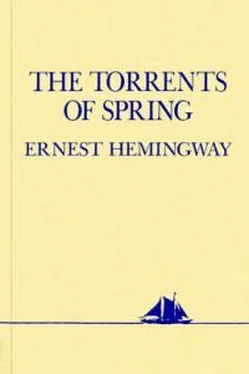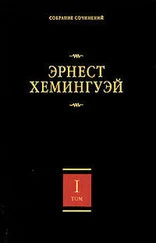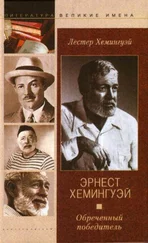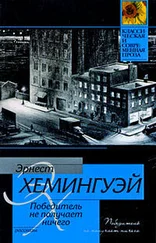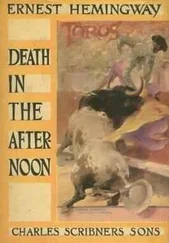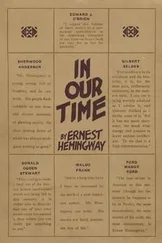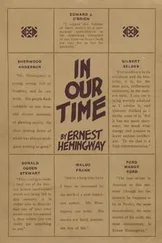As they walked down the tracks toward town, the air seemed to soften. The Indians walk uneasily now. Through the tamaracks and cedars beside the railway tracks a warm wind is blowing. The snow–drifts are melting now beside the tracks. Something stirs inside the two Indians. Some urge. Some strange pagan disturbance. The warm wind is blowing. The tall Indian stops, moistens his finger and holds it up in the air. The little Indian watches. “Chinook?” he asks.
“Heap chinook,” the tall Indian says. They hurry on toward town. The moon is blurred now by clouds carried by the warm chinook wind that is blowing.
“Want to get in town before rush,” the tall Indian grunts.
“Red brothers want be well up in line,” the little Indian grunts anxiously.
“Nobody work in factory now,” the tall Indian grunted.
“Better hurry.”
The warm wind blows. Inside the Indians strange longings were stirring. They knew what they wanted. Spring at last was coming to the frozen little Northern town. The two Indians hurried along the track.
THE END
5. Author’s Final Note to the Reader
Well, reader, how did you like it? It took me ten days to write it. Has it been worth it? There is just one place I would like to clear up. You remember back in the story where the elderly waitress, Diana, tells about how she lost her mother in Paris, and woke up to find herself with a French general in the next room? I thought perhaps you might be interested to know the real explanation of that. What actually happened was that her mother was taken violently ill with the bubonic plague in the night, and the doctor who was called diagnosed the case and warned the authorities. It was the day the great exposition was to be opened, and think what a case of bubonic plague would have done for the exposition as publicity. So the French authorities simply had the woman disappear. She died toward morning. The general who was summoned and who then got into bed in the same room where the mother had been, always seemed to us like a pretty brave man. He was one of the big stockholders in the exposition, though, I believe. Anyway, reader, as a piece of secret history it always seemed to me like an awfully good story, and I know you would rather have me explain it here than drag an explanation into the novel, where really, after all, it has no place. It is interesting to observe, though, how the French police hushed the whole matter up, and how quickly they got ahold of the coiffeur and the cab–driver. Of course, what it shows is that when you’re travelling abroad alone, or even with your mother, you simply cannot be too careful. I hope it is all right about bringing this in here, but I just felt I owed it to you, reader, to give some explanation. I do not believe in these protracted good–bys any more than I do in long engagements, so I will just say a simple farewell and Godspeed, reader, and leave you now to your own devices.
Конец ознакомительного отрывка
Купить книгу
